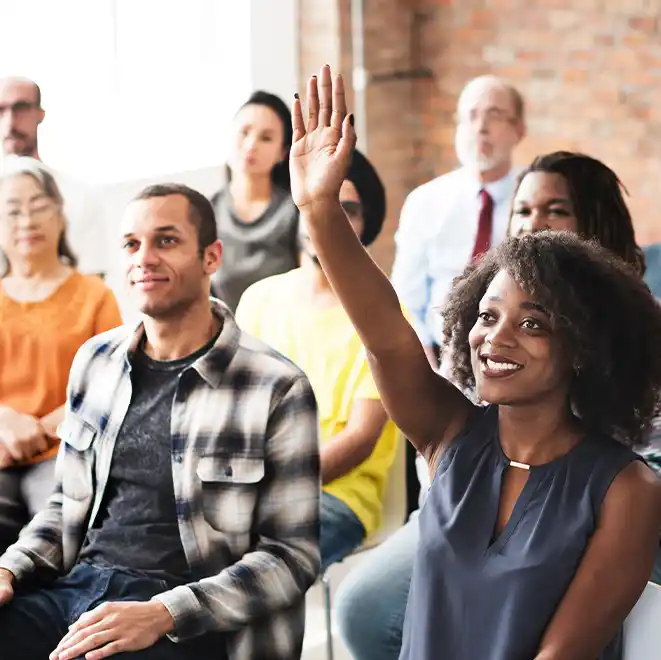Foundations of Community-Based Restorative Practices
When it comes to addressing harm and repairing relationships, it can be difficult to know where to start and how to best support those seeking help. It’s a sensitive and complex process that requires careful guidance.
Without the right training and support, it’s easy to make mistakes or unintentionally cause further harm. Many people may feel overwhelmed or unsure about navigating these challenging situations.
That’s where Restorative Justice Project Maine comes in. Our Foundational Training provides volunteers with the knowledge and tools they need to confidently walk alongside individuals seeking harm repair.

Empowerment Through Healing
Healing from harm isn’t a one-size-fits-all process, and we understand that. That’s why we offer a series of 7 – 8 sessions, each exploring different approaches to healing. Through 1:1 conversations, restorative dialogue, and support circles, we create an approachable and inclusive space for individuals to share their experiences and find their path to healing.
But it doesn’t stop there. Once you complete the training, you’ll become a mentor and accompany others through their harm repair journeys. Our experienced staff members and facilitators are there to support you every step of the way.
At Restorative Justice Project Maine, we believe in the power of compassionate and restorative practices to transform our lives and communities. Join us in fostering understanding, repair, and growth.

Training Details
Our Volunteer Training is a series of 7 – 8 sessions, each focusing on different processes within the harm repair array. These sessions are designed to help you unlearn cultural biases and embrace a restorative mindset.
Key Learning Outcomes
- Intake: Start by understanding and empathizing with individuals.
- Restorative Reflection: Guide individuals in reflecting on their feelings and brainstorming what the next steps could look like.
- Support Circles: Facilitate community gatherings that provide individuals with a supportive environment.
- Restorative Dialogue: Lead dialogues involving two facilitators and the parties involved.
- Restorative Conferencing: Bring together support groups, involved parties, and indirectly affected individuals to foster open communication and healing.
- Harm Repair Circles: Direct these circles less as a facilitator and more as a participant, allowing individuals to lead their own healing process.
- Reintegration Circles: Assist individuals who have been ostracized in rejoining their communities, facilitating their smooth transition back.
- Learning Through Practice: Throughout the training, you’ll have opportunities to practice these processes through roleplays and video examples, honing your skills and understanding how not to “fix,” but instead to facilitate.
Walking Together
At RJP Maine, we believe in walking together through the process of harm repair. As a volunteer, you’ll be more than a mentor; you’ll be a companion on a journey towards healing and restoration. We invite you to join us on this fulfilling journey – not just to learn about restorative practices – but to embody them.
For more information or to register for the Volunteer Training, please reach out to us at RJP Maine.
